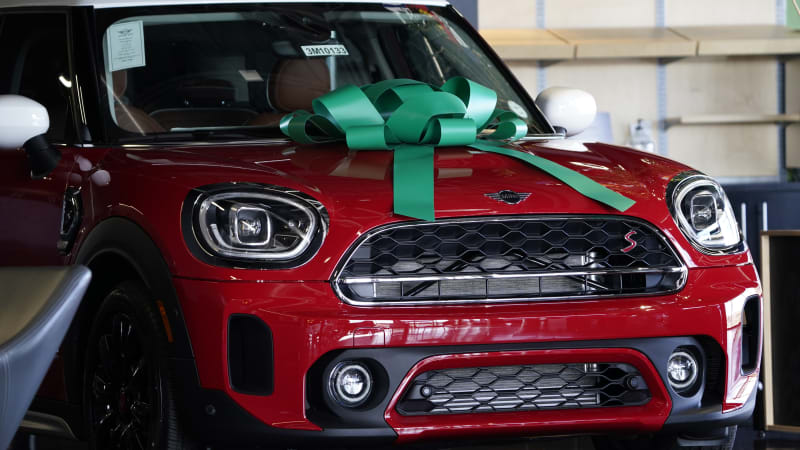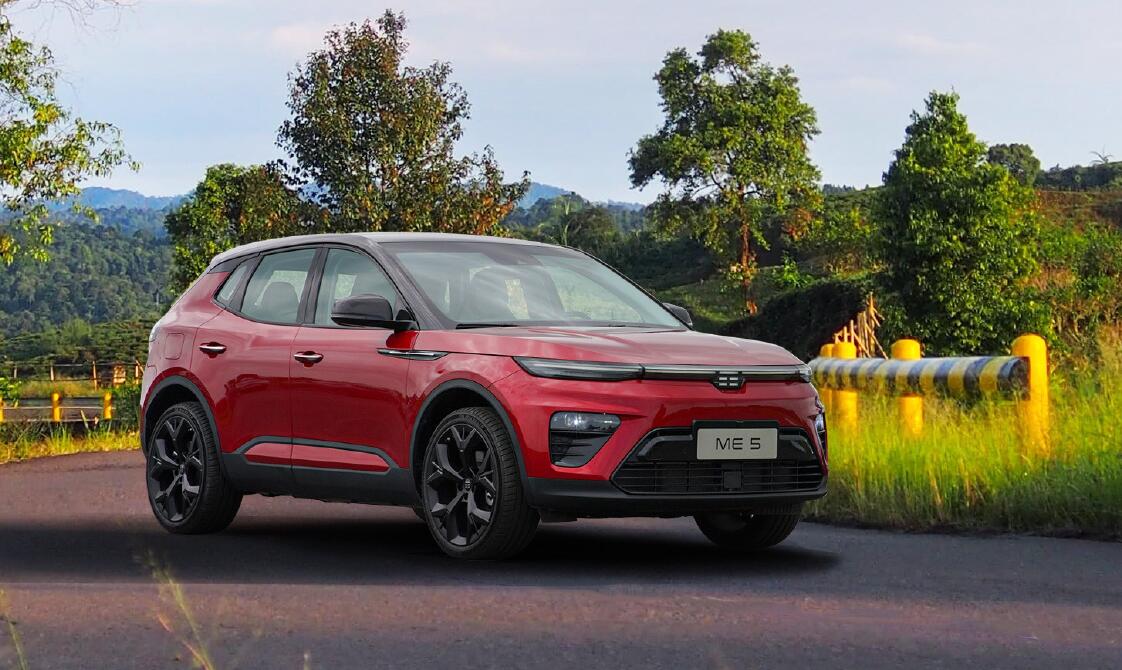Since this week, the Model Y with BYD battery has been produced at Tesla's Gigafactory in Grünheide, Germany, according to a German media report. | TSLA.US BYDDY.US | BYD HK

(Image credit: CnEVPost)
Starting this week, the Model Y with BYD battery has been produced at Tesla's Gigafactory in Grünheide, Germany, local media outlet Teslamag said in a report Thursday.
The model is a rear-wheel drive version and the batteries will not be produced by Tesla itself, but by BYD in China, according to the report.
This is Tesla's fourth battery supplier after Panasonic, LG Energy Solution and CATL, the report noted.
Last August, Tesla applied for and received European type approval for the Model Y with BYD's lithium iron phosphate (LFP) battery, which at the time had a 55-kWh capacity and a 440 km WLTP range, the report said.
Tesla currently specifies a WLTP range of 455 km for the Model Y with standard rims and 430 km with 20-inch wheels, the report noted.
In February 2022, rumors surfaced that Tesla had placed an order with BYD's battery manufacturing division, FinDreams Battery, for blade batteries for 204,000 vehicles per year.
On August 10, 2022, Chinese media outlet Sina Tech cited multiple sources as saying that BYD's blade battery supplies to Tesla had begun to be delivered to the latter's plant in Berlin, Germany, the first Tesla Gigafactory to apply BYD batteries.
On March 13, South Korea's Korea Economic Daily reported that Tesla had decided not to use BYD's batteries due to quality problems caused by a series of fire incidents with the latter's LFP batteries.
A BYD spokesperson, responding to CnEVPost's request for comment at the time, said the information was untrue and not in line with the actual situation.
Tesla CEO Elon Musk later also tweeted that the media report was false and that Tesla's relationship with BYD was positive.
BYD is not only the largest new energy vehicle (NEV) in China, but also one of the largest battery manufacturers in the world.
BYD installed 21.5 GWh of power batteries in the first quarter, ranking second in the world with a 16.2 percent share, according to data released by South Korean market research firm SNE Research on May 3.
CATL continued to rank first in the world with a 35.0 percent share in the first quarter, and was the only one with a share of more than 30 percent.
BYD says report that Tesla won't extend battery supply partnership with it untrue
The post Tesla Model Y with BYD battery has started production in Germany, report says appeared first on CnEVPost.
For more articles, please visit CnEVPost.










